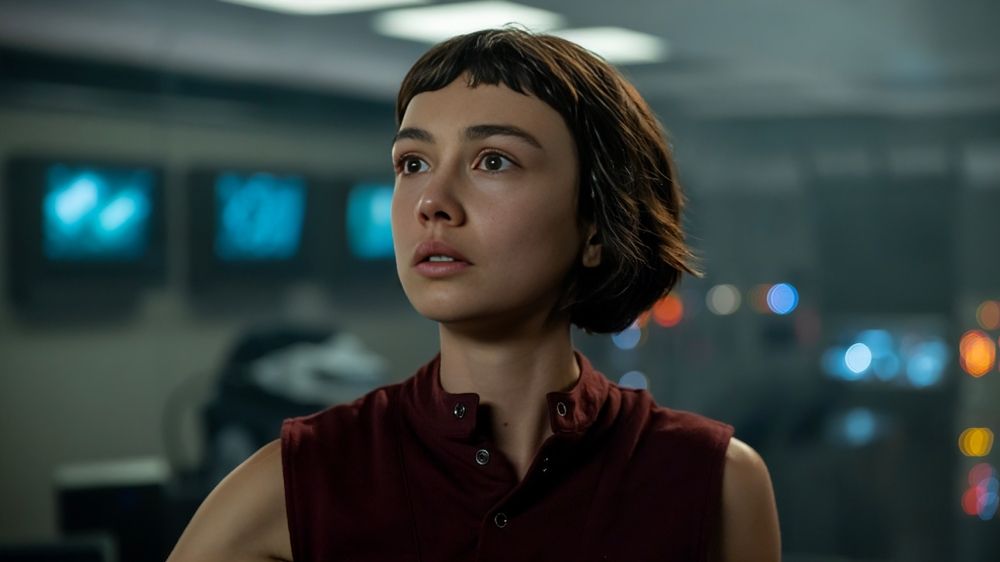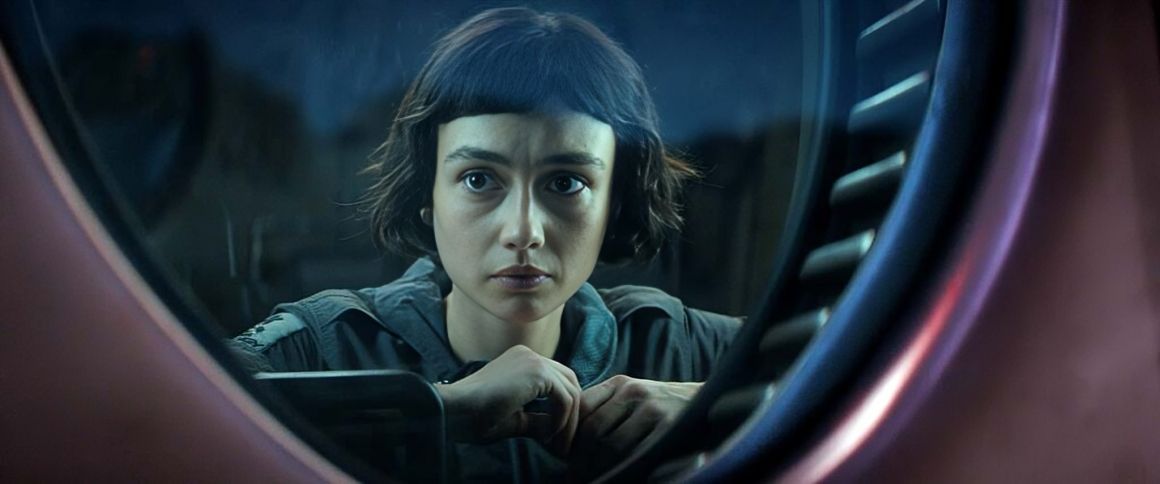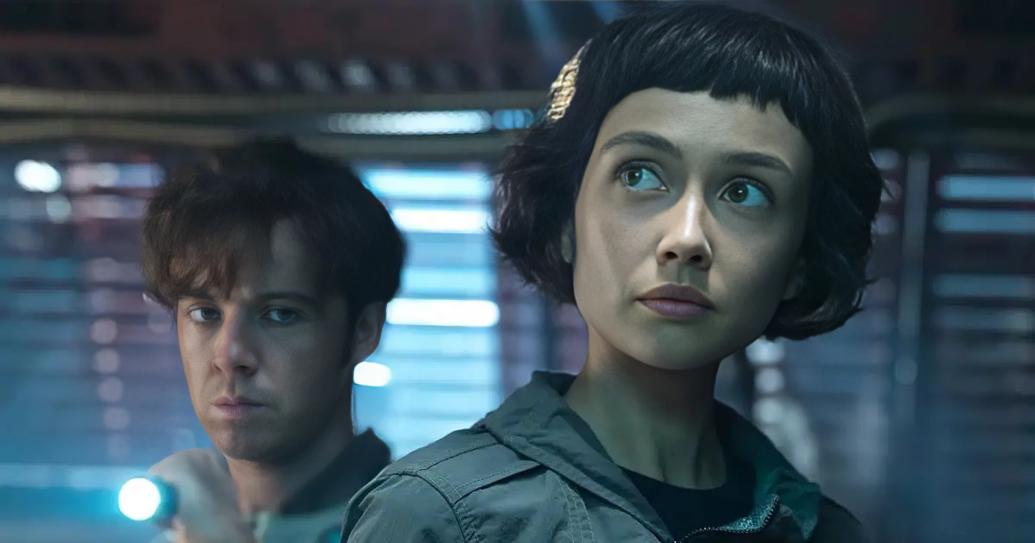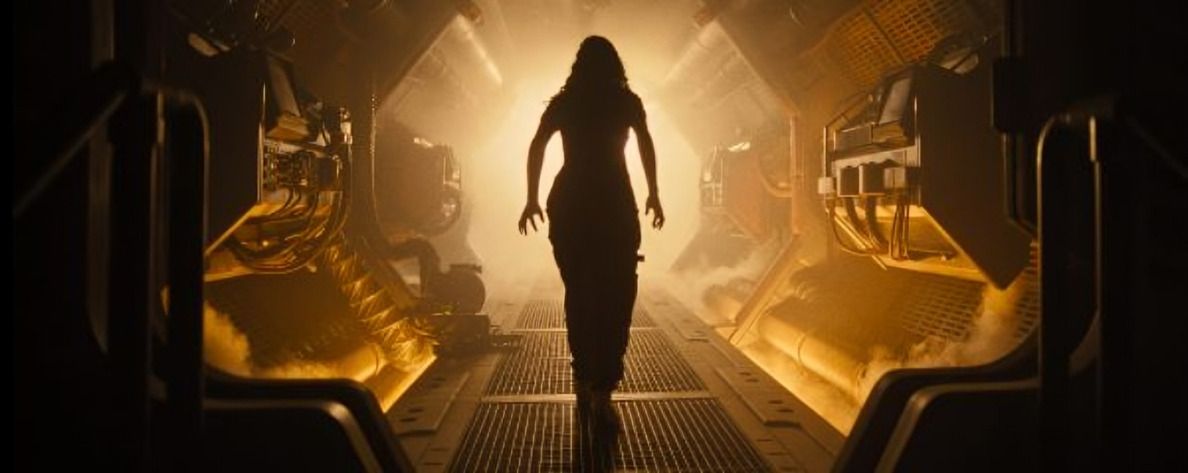
Ava Harper
Recap
Ava HarperTop Author
Recap
Alien: Earth Episode 1 & 2 Recap, Review, Ratings And What’s Next in the Series
Alien: Earth just dropped two episodes at once (it reminded me of Apple TV), so I’m going to review them both. In the future, I’ll talk about how the show might progress (probably after episodes 3 or 4, to give a solid judgment of the series). But from what I’ve seen so far, it has a lot of potential to become something truly memorable in the Alien universe. Currently, until this article is published, Episode 1 has an 8.3/10 (1k reviews) rating on IMDb, and Episode 2 sits at 8.7/10 (600+ reviews).
Let me give you a brief background/intro about Alien Earth so you’re up to speed if you forgot or haven’t been in this universe for a long time...
Alien: Earth is the first TV series in the Alien franchise. It takes place in 2120, about 15 years after Alien: Covenant and two years before the 1979 Alien film. Creator Noah Hawley treats the series like a remix, combining Ridley Scott's tense horror with Blade Runner’s futuristic style. The show delivers scares and explores corporate control, synthetic consciousness, and moral questions about humanity. In my view, Hawley is taking a bold approach by making the Alien universe feel alive and politically complex rather than just horror-driven!
Episode 1: “Neverland” – The Maginot and Prodigy City

The first episode sets up two main storylines. On the Maginot, a sibling ship to the Nostromo, we meet Morrow, the cyborg security officer. The ship’s sterile design and slow cross-fades echo the original Alien atmosphere. Flashy glimpses of the upcoming containment breach hint at inevitable chaos.
Morrow’s decision to crash the ship into Earth raises many questions about his motives. Personally, I found this intriguing—he’s not a typical villain but seems driven by logic or curiosity rather than cruelty.
Meanwhile, on Prodigy City (covering southern Africa, Australia, and Southeast Asia), the focus shifts to hybrid humans. Wendy, a sick child whose consciousness now inhabits a 30-year-old synthetic body, struggles with emptiness despite her superhuman abilities. She misses simple human experiences, like eating ice cream or watching movies with her brother, Hermit. The “Lost Boys”—other hybrid children—highlight Hawley’s dark twist on eternal youth, referencing Peter Pan. My take: the show is making a strong statement about how technology can amplify skills but not humanity.
The episode concludes as the Maginot crashes into Prodigy City, merging these separate worlds and setting up conflict.
Episode 2: “Mr. October” – Xenomorph Chaos and Character Conflicts

The second episode wastes no time. The Maginot has crashed into a Prodigy City apartment building. Here, the Xenomorphs begin their hunt, killing the wealthy residents dressed in absurd 18th-century outfits. While the creature is visually striking, the episode sometimes lacks tension because the Xenomorph’s presence is too obvious. Personally, I wanted more subtle suspense—scares that sneak up on you rather than huge, announced attacks!
Hermit and a pair of marines search the wreckage, while Wendy and the Lost Boys also look for him. Hermit’s attempts to save careless partygoers end in predictable but gruesome failure, which emphasizes how human arrogance meets alien brutality.
Boy Kavalier, the tech genius behind Prodigy City, is intentionally irritating. He’s arrogant and greedy, clearly chasing Xenomorphs for personal gain. I found him a clever parallel to Burke from the original Alien, showing that selfish ambition can be just as dangerous as the monsters themselves.
Finally, the series expands its corporate world-building. Prodigy, Weyland-Yutani, and three other unnamed corporations compete for control, giving the story a socio-political depth. Hawley seems to want Alien: Earth to be the “Andor of the Alien universe”—a mix of character drama, corporate intrigue, and horror.
Verdict So Far
The show is ambitious. Its strongest moments are the ethical questions about hybrids, the corporate intrigue, and the visual callbacks to the original film. Its weak points include predictable Xenomorph scares and characters who sometimes feel over-the-top. Still, Hawley’s remix approach is fascinating. Personally, I think the show will be most memorable not for its monsters but for the moral and social puzzles it presents in a terrifying futuristic Earth.


 Ava Harper
Ava Harper